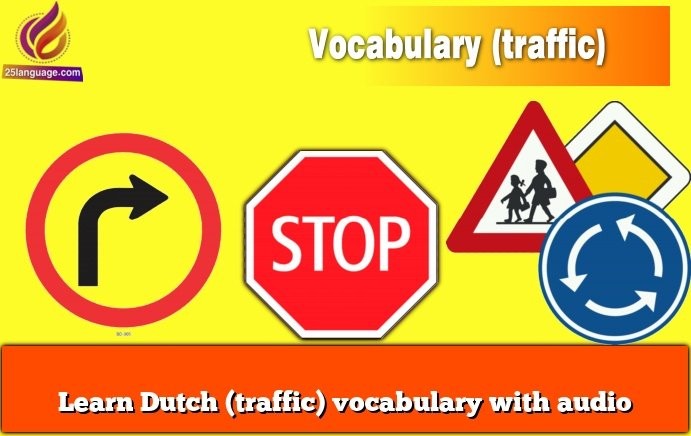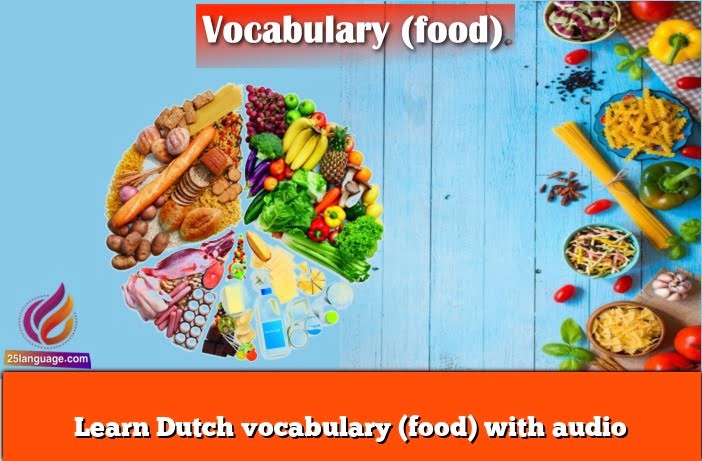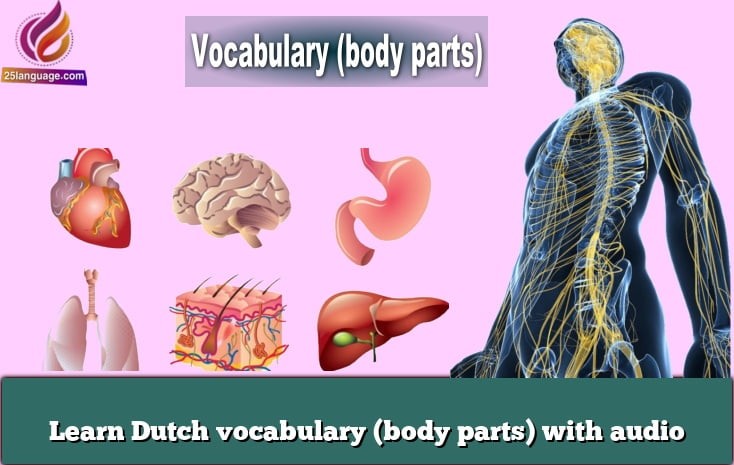Phrases you use at the doctor in Dutch
Phrases you use (at the doctor)

Learning phrases you use at the doctor in Dutch is important because it allows you to communicate effectively with healthcare professionals in the Netherlands. Here are a few reasons why learning these phrases is important:
- To describe symptoms: Being able to accurately describe your symptoms in Dutch is crucial for receiving the right diagnosis and treatment. The more precise and clear you are about your symptoms, the easier it is for the doctor to make an accurate diagnosis.
- To understand medical instructions: If you need to take medication or follow a treatment plan, you will need to understand medical instructions. Knowing the relevant Dutch phrases will help you understand what the doctor is telling you and ensure that you follow the treatment plan correctly.
| Dutch | English |
|---|---|
| Ik voel me niet goed. | I don’t feel well. |
| [responsivevoice voice="Dutch Female" rate="0.8" buttontext="►"]Ik heb pijn. | I have pain. |
| Ik heb koorts. | I have a fever. |
| Ik ben duizelig. | I am dizzy. |
| Ik ben misselijk. | I am nauseous. |
| Ik heb hoofdpijn. | I have a headache. |
| Ik heb buikpijn. | I have stomach pain. |
| Ik heb rugpijn. | I have back pain. |
| Ik heb keelpijn. | I have a sore throat. |
| Ik ben verkouden. | I have a cold. |
| Ik heb last van mijn oren. | I have ear pain. |
| Ik ben allergisch voor… | I am allergic to… |
| Wat is de diagnose? | What is the diagnosis? |
| Wat is de behandeling? | What is the treatment? |
| Moet ik medicijnen nemen? | Should I take medication? |
| Wat zijn de bijwerkingen? | What are the side effects? |
| Wanneer moet ik terugkomen? | When should I come back? |
| Kunt u dat herhalen, alstublieft? | Can you repeat that, please? |
| Ik begrijp het niet. | I don’t understand. |
| Ik heb nog een vraag. | I have another question. |





























